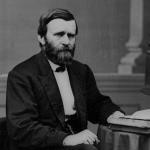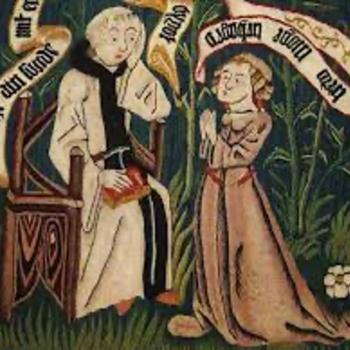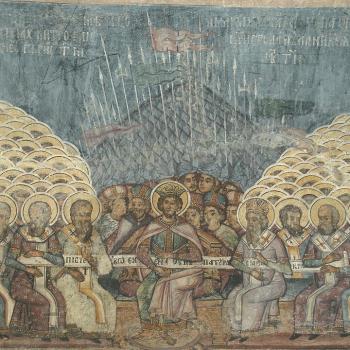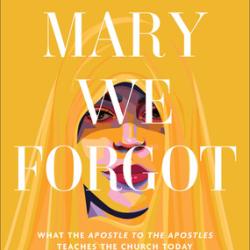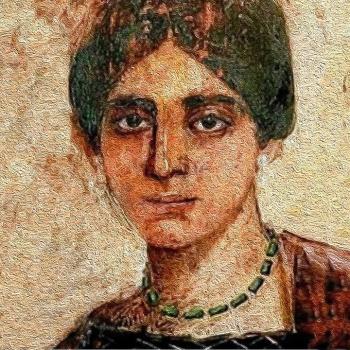Dorothy Sayers once quipped that attempting to grasp Dante’s Divine Comedy only from reading the Inferno would be like understanding Paris only through its sewer system. Unfortunately, if students are assigned any Dante in high school or college, it is usually the Inferno, possibly some bits of the Purgatorio, and rarely ever the Paradiso.
This is a pity for Dante’s reserves some of his richest insights for the Paradiso, which I have taught for the first time in an upper-level, undergraduate seminar.
Having left behind his former guide, Virgil, Dante is now led by Beatrice, his erstwhile crush transmuted into a symbol of divine love. This “sweet lady” skillfully leads him through the heavenly spheres according to Ptolemy’s solar system, until he reaches the Empyrean, the abode of God, the angels, and all saved souls. There he glimpses, ever so briefly, “eternal Light” itself, the “Goodness that is infinite,” “the Love that moves the Sun and all the other stars.” Words fail him as he ends his epic.
Along the way, Dante, the protagonist, grows in understanding. He is quizzed on the theological virtues of faith, hope, and love; learns about angels’ mysterious ways, and chats with saints such as Thomas Aquinas, Benedict, Francis, and Dominic. All the while his love of and gratitude for Beatrice/Divine Love waxes. At one point, she dare not smile lest her good looks reduce Dante to ashes, for “my beauty . . . / flames up more brilliantly the higher we ascend / the stairs of this eternal palace.”
Dante’s well-known criticism of church and state continues in the Paradiso. In words that would have impressed Martin Luther, Dante assails the avaricious, “bloated” shepherds of the Church; “their fur-lined mantles hang upon their horses’ flanks.” In Rome, “the Gospels and the lofty doctors are neglected” while the Curia preoccupy themselves with the minutia of canon law. To this preoccupation, “the pope and his cardinals devotes themselves, / without a single thought of Nazareth, where Gabriel spread out his wings.”
In the realm of Jupiter, symbolic of justice, Dante catalogs good and bad rulers of his day, listing among the latter a “pestilential dozen,” guilty of pride, greed, cowardice, and “utter worthlessness.” Awash in political malfeasance and incapable of finding a cure, Italy, in Dante’s judgment was “bewitched by blind cupidity,” making it like an “infant, dying of hunger, / who shoves his nurse’s breast away.”
Among the most touching moments of the poem occur in the sub-solar realm—the spheres of the moon, Mercury, and Venus. Saved souls are present here, to be sure, for these areas, too, constitute part of paradise, but these are not saintly saints. They are Christians who have not always led exemplary lives, who have experienced failures and set-backs. Most of us can probably identify with them.
The story of Piccarda, a nun who had neglected her vows, is especially poignant. Dante encounters her in the lunar sphere and wonders if she is content there and would rather “desire to achieve a higher place, where you / might see still more and make yourselves more dear?”
Smiling, as all saved souls do, Piccarda responds that envy and preoccupation with rank and status play no role in paradise: “Brother,” she says, “the power of love subdues our will / so that we long for only what we have and thirst for nothing else,” adding, movingly: “And in His will is our peace.”
For wounded souls in search of peace, Dante’s Paradiso instructs and delights.
Paris’s sewers might have their own dark charm. But do ascend from them and take a look at the city itself. At one point in fact, Dante likens paradise to “city with its vast expanse.” Beholding it all, Dante muses: “It seemed to me I saw the universe smile.”
Not something to be missed.



